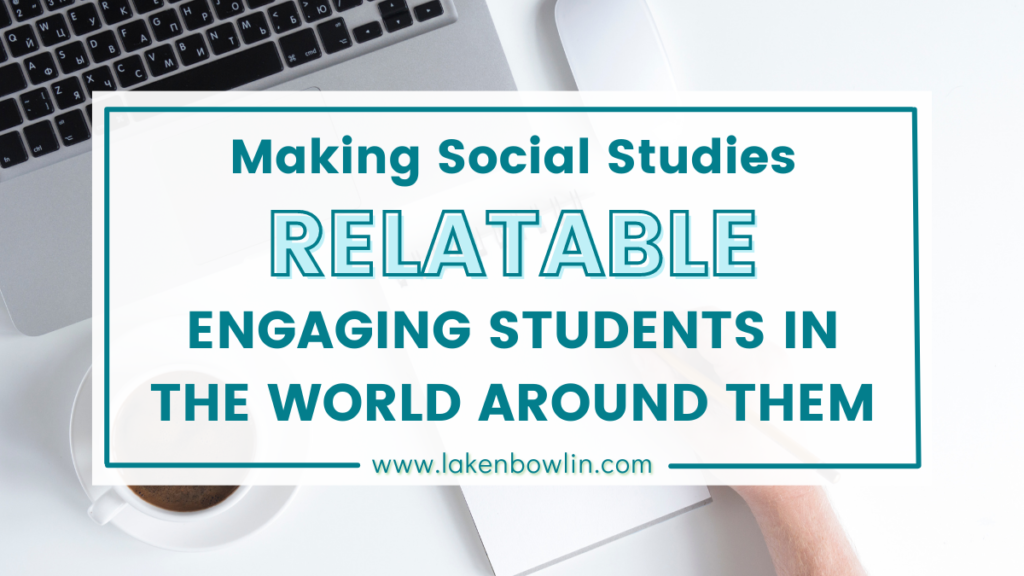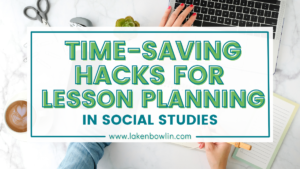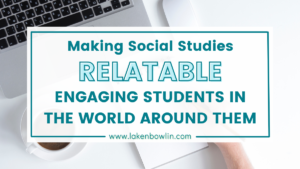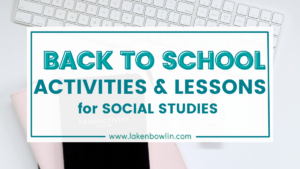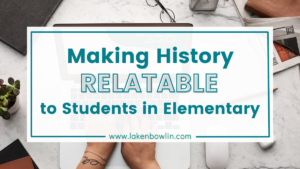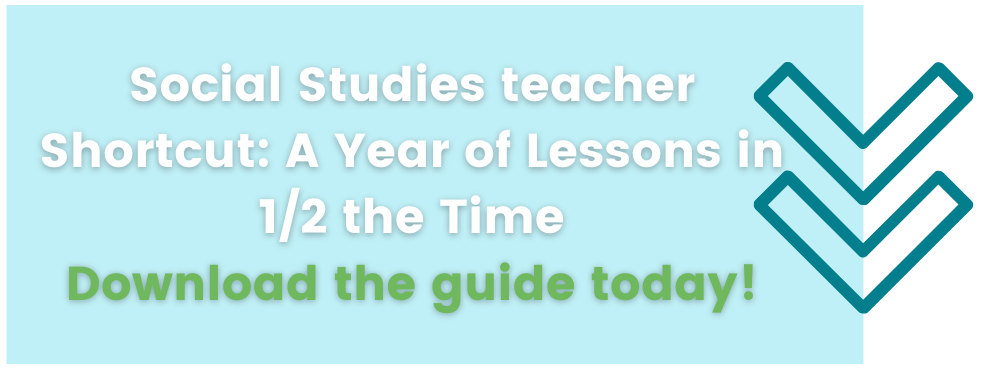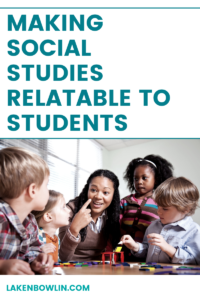 Social studies is a subject that has the potential to ignite curiosity and foster a deep understanding of the world we live in. However, for students to truly connect with the subject, it is crucial to make social studies lessons relatable and relevant to their lives. By bridging the gap between historical events, cultural studies, and contemporary issues, educators can create engaging and meaningful learning experiences. In this blog post, we will explore practical tips to make social studies lessons relatable, empowering students to see the subject’s relevance in their everyday lives.
Social studies is a subject that has the potential to ignite curiosity and foster a deep understanding of the world we live in. However, for students to truly connect with the subject, it is crucial to make social studies lessons relatable and relevant to their lives. By bridging the gap between historical events, cultural studies, and contemporary issues, educators can create engaging and meaningful learning experiences. In this blog post, we will explore practical tips to make social studies lessons relatable, empowering students to see the subject’s relevance in their everyday lives.
Are you looking for planning resources that are easy to use, minimal prep, and ready at your fingertips? I have created a planning document for upper-elementary social studies teachers, and you are definitely going to want to go check it out! 👀 I have pacing, linked resource ideas, and essential questions ready to go for you. If you teach in the upper elementary classroom, there is something for you in that document. What are you waiting for? Go check it out HERE!
Start with Student Interests and Experiences
To make social studies relatable, it is essential to tap into students’ interests and experiences. Begin each lesson by posing questions or prompts that connect to their lives. For example, when discussing ancient civilizations, ask students to compare and contrast aspects of daily life between the past and present. Encourage them to share personal anecdotes or experiences related to the topic. By anchoring the lesson in their own experiences, students will develop a sense of relevance and engagement right from the start.
Incorporate Primary Sources and Authentic Materials
Primary sources, such as letters, diaries, photographs, and artifacts, provide firsthand accounts of historical events, making them valuable tools to engage students. Include primary sources in your lessons to bring history to life. Allow students to analyze and interpret these sources, encouraging critical thinking and empathy. Furthermore, utilize authentic materials like maps, news articles, and multimedia resources to connect social studies concepts to current events. By bridging the past and the present, students will grasp the relevance of historical events and their impact on contemporary society.
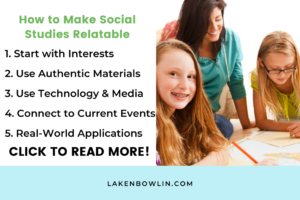
Use Technology and Multimedia
Incorporating technology and multimedia resources can significantly enhance the relatability of social studies lessons. Utilize educational websites, videos, interactive simulations, and virtual field trips to immerse students in historical events or cultural studies. For instance, take a virtual tour of a historical site or watch video interviews with experts. These multimedia tools not only make lessons more engaging but also provide students with real-world examples and perspectives, enabling them to connect with the subject matter on a deeper level.
Connect Social Studies to Current Events
Social studies inherently encompasses the study of past and present societies. To make the subject relatable, it is vital to connect social studies lessons to current events and contemporary issues. Analyze news articles, engage in discussions about current events, and encourage students to explore how historical events have shaped the world we live in today. By examining the relevance of social studies in real time, students will develop a greater appreciation for the subject and its impact on their lives.
Encourage Active Learning and Real-World Applications
Engage students in active learning strategies that allow them to apply social studies concepts to real-world scenarios. Incorporate role-playing activities, debates, simulations, and project-based learning to encourage critical thinking, problem-solving, and collaboration. For example, have students create a mock trial based on a historical event or design a community service project that addresses a social issue. By actively participating in their learning, students will see the practical applications of social studies and its significance in their lives and communities.
By making social studies relatable, educators can ignite a passion for the subject, empower critical thinking, and cultivate global citizenship among students. By tapping into their interests, incorporating authentic materials, connecting to current events, utilizing technology, and promoting active learning, teachers can create engaging and meaningful social studies lessons. As students explore the historical, cultural, and societal aspects of the world around them, they will develop a deeper understanding and appreciation for the subject, ultimately becoming active participants in shaping their future and society as a whole.
Related Articles
5 Strategies for Teaching Social Studies Vocabulary Words in the Classroom
How to Make Social Studies Interesting
Making Social Studies Related with these 4 Simple Tips
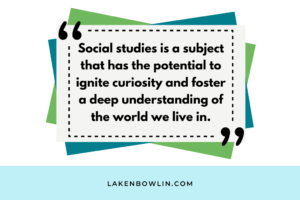
Did you miss it? It’s okay, I got you! I know you are overwhelmed with planning engaging lessons across all your subjects, so don’t make social studies become another pain point for you. Download your Social Studies Teacher Shortcut: A Year of Lessons in ½ the Time to get all your planning organized and in one place.
